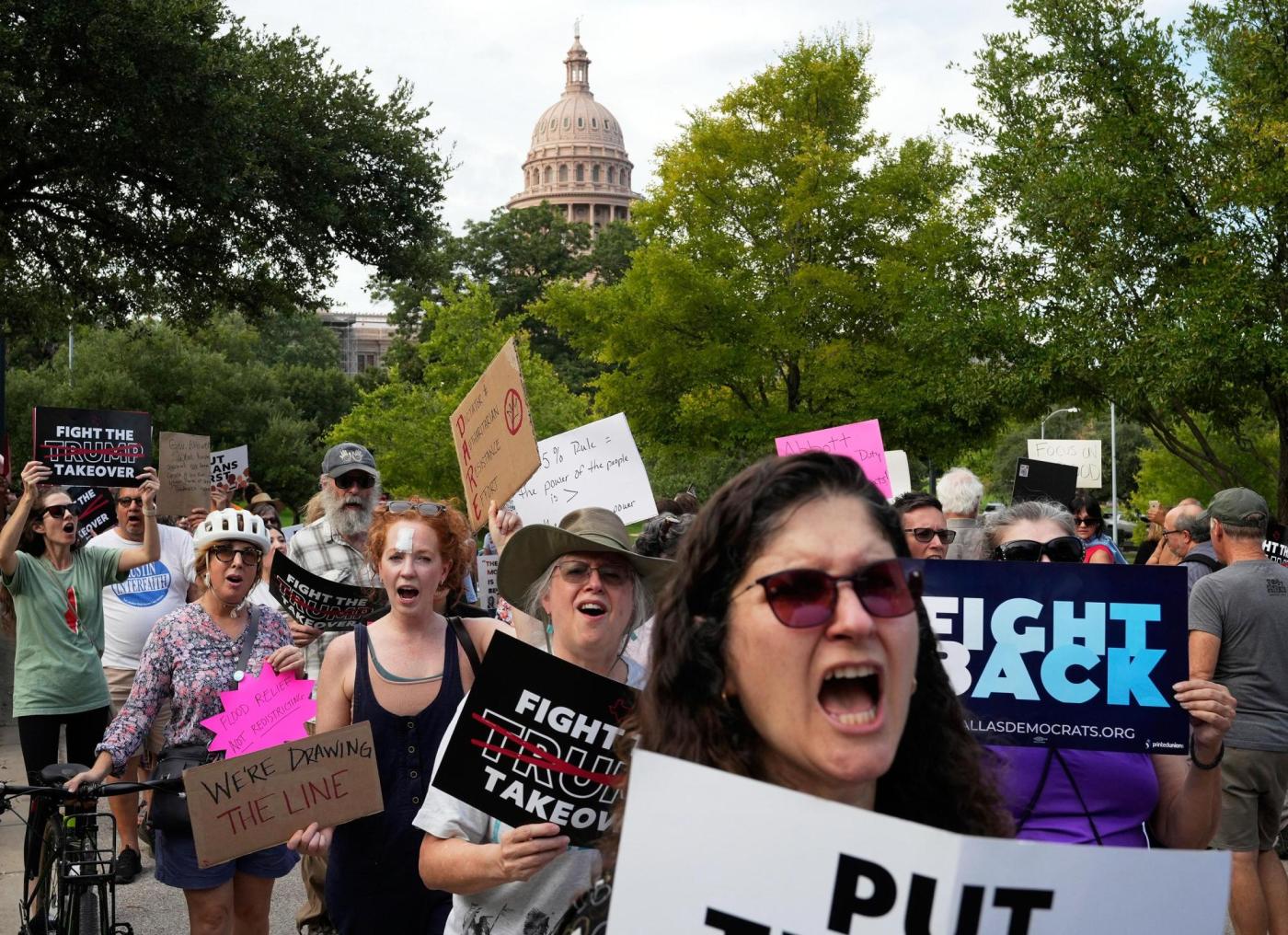New York Governor Kathy Hochul has expressed strong opposition to recent gerrymandering efforts in Texas, characterizing the situation as “war.” Her comments reflect growing concerns about the impact of redistricting on political engagement across the United States. Hochul’s remarks highlight a long-standing issue in American politics where the manipulation of congressional district boundaries effectively disenfranchises voters.
Gerrymandering has historically undermined democracy by skewing electoral representation. By altering district lines, political parties can dilute the voting power of certain demographics, rendering their votes virtually meaningless. This situation has been particularly pronounced in states like Maryland, where recent changes have placed traditionally conservative regions, such as Garrett County, into districts dominated by liberal areas like Montgomery County. This strategic redistricting effectively communicates to voters in Garrett County that their participation may be futile.
The Texas initiative takes gerrymandering to an alarming new level, with implications for the upcoming 2026 midterms. Critics argue that it aims to solidify Republican control in the House of Representatives by manipulating district boundaries to favor one political party over others. This tactic raises questions about the integrity of the electoral process and the principles of fair representation.
The remarks from Governor Hochul resonate with many who feel that gerrymandering is not just a political strategy but a dangerous erosion of democratic values. As Scott Rippey from New Market articulated in a recent commentary, “This is cancer on political engagement.” He emphasizes that regardless of political affiliation—red or blue—Americans should unite against the divisive nature of such practices. The call to action is clear: citizens must recognize the stakes and advocate for fair representation in the electoral process.
The debate over gerrymandering is not merely theoretical; it has tangible consequences that affect millions of voters. As political polarization increases, the need for reform becomes more pressing. Advocates for change argue that a commitment to non-partisan redistricting could restore faith in the democratic process and empower voters to make their voices heard.
As the political landscape continues to evolve, the dialogue surrounding gerrymandering will likely intensify. The implications of these tactics extend beyond party lines, fundamentally affecting the health of American democracy. In light of this ongoing battle, the rallying cry remains: “United we stand; divided we fall.”
